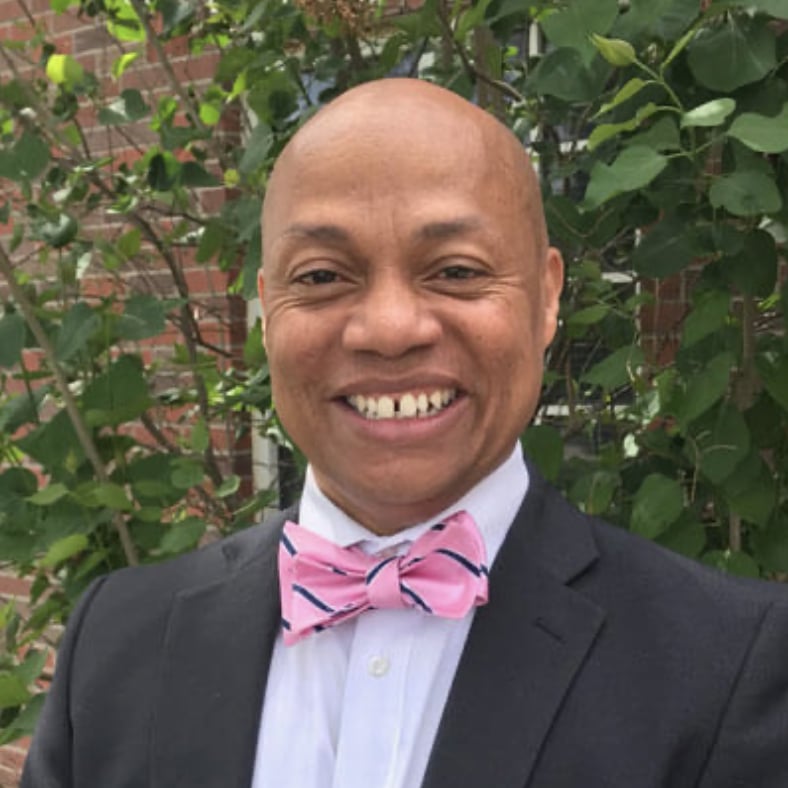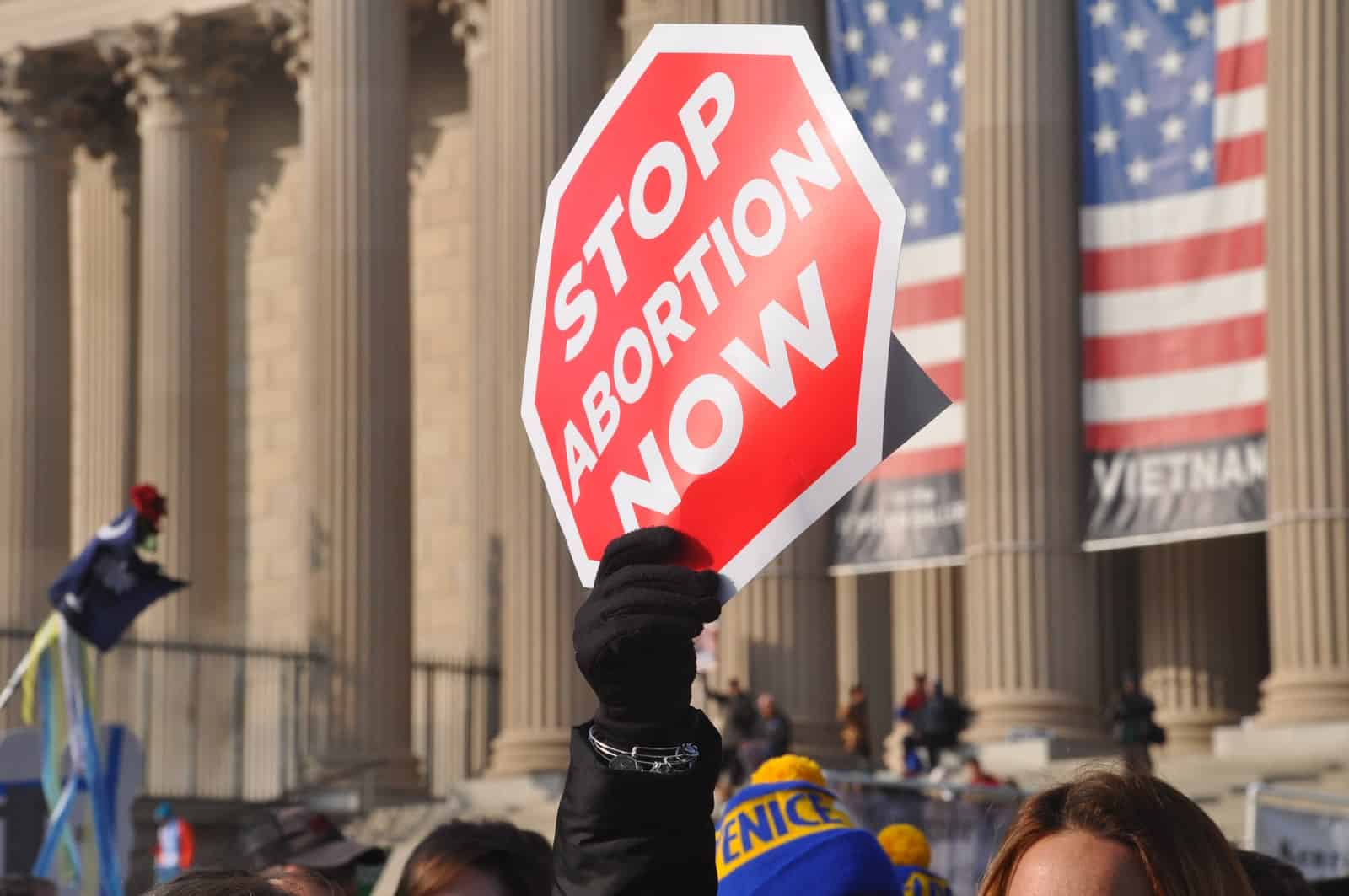As the Supreme Court of the United States (SCOTUS) considers its decision on the 15-week abortion ban in Mississippi, those reading the tea leaves during oral arguments anticipate an end to Roe v. Wade as we know it. Most believe SCOTUS will decide on the case sometime this summer as abortion advocates brace for a post-Roe world and the possibility that abortion will become a state-by-state decision. As the likelihood of this new world happens, it will be necessary for Christians to understand the arguments surrounding abortion so that they are not caught off guard on the issue.
There is, however, a movement afoot to abandon the laser focus that caused us to get to this flashpoint in history. This effort seeks to shame pro-life devotees by positing a new standard with ideological ambiguity and no clear direction or goal. That new standard is whole-life. It’s the idea that you can’t be genuinely “pro-life” unless you advocate for the whole-life benefits that care for those in need. Those promoting the whole-life position often attach a panoply of social causes and government-based solutions to assist in caring for a child until they reach full mature adulthood. This position holds that anyone claiming to be pro-life must fully agree with the ideas of social justice, including climate justice, or else risk being connected to a lesser form of what it means to be pro-life.
Daniel Darling, Director of the Land Center for Cultural Engagement at Southwestern Seminary, recently shared his view of pro-life as whole-life, womb to tomb, “dignity.” In his video interview at Southwestern, Darling puts forward this idea that a “fully formed pro-life ethic” requires more than just projection for the unborn. While this new ethic includes the life of the unborn, it involves viewing a vast array of other social issues as requirements of a fully orbed view. Darling’s new ethic presupposes that prolifers don’t value all human beings as image-bearers of God in the way we should. Furthermore, Darling posits that if we held the correct view, his view, we would view everything from immigration to poverty as equally important as saving the life of an unborn child.
This is a dangerous direction for evangelicals to pursue.
Sentimentalism, like termites, has hallowed out the foundation of many churches; a foundation once built upon God’s word has been replaced for relevance in a culture that hates God.
The Issue of Viability
As it pertains to the issue of life, there are currently two standards in view. For the Christian, the issue of human dignity begins at conception. For the Courts, the issue of human dignity only applies when the fetus has viability—a medically determined point in the development of an unborn child.
Christians believe that God created mankind in his image (Gen 1:27), and human beings have innate value, dignity, and worth. The result of holding this standard is that all life created by God is subject to him. Therefore, we will not interfere by terminating life for the sake of convenience. Keeping this belief ensures that no human being is murdered in the womb and all life is valued.
The other standard being argued in the Supreme Court by the Roe v. Wade decision is fetal viability. This arbitrary standard is the cause of the chaos we currently witness playing out in real-time. Viability holds that a human being in the womb is not fully human and cannot be protected until a predetermined development point (typically third trimester). The problem with this standard is that scientific advances have provided us with a window into the mother’s womb. We now know that the life growing inside that mother is human, can feel pain, and has a heartbeat in as early as 6 to 7 weeks.
At the center of the Dobbs v. Jackson case is the issue of viability. If it is determined that this standard is far too arbitrary, and it is, Roe v. Wade will be over. Then, it will be left to the states to determine whether they will participate in abortions any further. Currently, 21 states are ready to restrict abortion if this happens.
The Whole Life Argument
Typically, Catholics and pro-life evangelicals with exceptions (for rape and incest) have been at the forefront of the pro-life movement. Sadly, their focus has shifted to social justice, leaving babies vulnerable in the womb.
This idea being promoted by the whole life movement is that to be genuinely pro-life, you must embrace a whole life ethic. This includes advocating for everything from global poverty to protecting the environment, from empowering women and girls to social and economic justice. This government-based solutions movement covers every basic human need from the womb to the tomb. For them, anything less is not truly pro-life.
Sentimentalism, like termites, has hollowed out the foundation of many churches; a foundation once built upon God’s word has been replaced for relevance in a culture that hates God. I’ve previously argued that sentimentalism is the idea that one’s feelings are the standard by which we determine what we should do.
The Problem with the Whole Life Argument
The “whole life is pro-life” argument, employed by men like Darling and others, works because it sounds right. Who’s not for justice? Who’s not for treating people equally?
However, the argument’s flaw is the required presupposition that those advocating for life currently don’t care for immigrants, the impoverished, and the less fortunate. This is the same tactic used by Black Lives Matter. Acceptance of the phrase presupposes the idea that someone believes those lives don’t matter. Before we accept that presupposition, someone must make a case for it. For Darling, no case is necessary regarding his whole life view. He simply presupposes that those advocating for the unborn only care about the unborn and no one else, case closed. This is dangerous.
Secondarily, the whole life argument provides no categories to distinguish between the helpless child in the womb and the person able to help themselves. Absent is the idea that a baby in a womb cannot speak on their own behalf, while the “oppressed” can make decisions that change the direction of their life.
Finally, where did we get the idea that focusing on life in the womb automatically means that we cannot simultaneously believe those outside the womb have dignity worth protecting? No one tells women fighting against breast cancer that unless they fight against all cancer, they can’t genuinely be concerned with fighting breast cancer. An athlete who focuses on football is not told that he can’t be successful in his chosen field of play unless he focuses on all team sports.
On the issue of murder, the Bible does not say, “Thou shalt not murder, and you must consistently feed, house, clothe, provide free healthcare, attack climate justice, tear down the systems of racial division and inequity while engaging in the fight of anti-racism. Then and only then can you indeed be for life.” It simply says, “thou shalt not murder.”
The hope would be that we can be so singularly focused on protecting the life in the womb that we witness the end of abortion in our lifetime.





